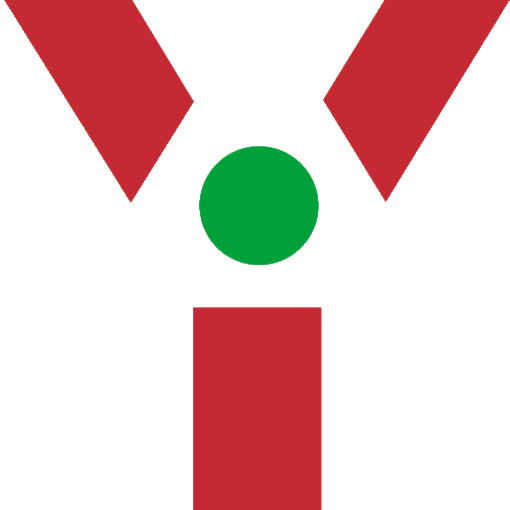Thymus-Pineal Gland Axis used in Reversing aging
The concept of the thymus-pineal gland axis in reversing aging involves understanding how these two glands interact and influence the aging process. Here’s an overview of this concept and the potential methods used in anti-aging research.

Thymus Gland and Aging
The thymus gland plays a crucial role in the immune system by producing T-cells, which are vital for immune response. As we age, the thymus gland gradually shrinks and becomes less effective, a process known as thymic involution. This decline in thymus function is associated with a weakened immune system and increased susceptibility to infections and age-related diseases.
Pineal Gland and Aging
The pineal gland regulates the production of melatonin, a hormone that influences sleep-wake cycles and has antioxidant properties. Melatonin production decreases with age, which can disrupt sleep patterns and reduce the body’s ability to combat oxidative stress, contributing to the aging process.
Thymus-Pineal Gland Axis
The thymus-pineal gland axis refers to the interaction between these two glands and their combined influence on the aging process. Some research suggests that enhancing the function of both glands can have synergistic effects on health and longevity.
Potential Methods for Reversing Aging
Melatonin Supplementation:
Improves Sleep: Better sleep patterns can enhance overall health.
Antioxidant Effects: Reduces oxidative stress and cellular damage.
Immune System Support: May help maintain a more youthful immune response.
Thymic Regeneration:
Hormone Therapy: Use of hormones like growth hormone and thymic peptides to stimulate thymus function.
Thymic Peptides: Supplementation with thymic peptides (e.g., thymosin alpha-1) to boost immune function.
Lifestyle and Diet:
Healthy Diet: Nutrient-rich diet with antioxidants and anti-inflammatory foods.
Regular Exercise: Maintains immune health and overall well-being.
Stress Reduction: Practices like meditation and yoga to reduce stress and support gland function.
Regenerative Medicine:
Stem Cell Therapy: Potential use of stem cells to regenerate thymus tissue.
Gene Therapy: Emerging research on gene therapies that target aging mechanisms.
Hormonal Balance:
Balancing Other Hormones: Ensuring other hormones (e.g., DHEA, testosterone, estrogen) are at optimal levels can support overall health and longevity.
Research and Studies
Several studies have explored the potential benefits of targeting the thymus-pineal gland axis for anti-aging:
TRIIM (Thymus Regeneration, Immunorestoration, and Insulin Mitigation) Trial:
A small clinical trial that investigated the effects of a combination of growth hormone, DHEA, and metformin on thymic regeneration and aging biomarkers.
Results suggested some reversal of biological aging markers, including improved immune function and reduced biological age.
Melatonin Research:
Studies have shown that melatonin supplementation can improve sleep, reduce oxidative stress, and potentially extend lifespan in animal models.
The thymus-pineal gland axis is an intriguing area of research in the field of anti-aging and longevity. While some promising results have been observed, more extensive and rigorous studies are needed to fully understand the potential benefits and mechanisms involved. As always, it is important to consult healthcare professionals before starting any new treatment or supplementation regimen, especially those related to anti-aging therapies.
References:
Nikaido S.S., Johnson C.H. Daily and circadian variation in survival from ultraviolet radiation in Chlamydomonas Reinhardtii. Photochem. Photobiol.2000;71:758–765.doi:10.1562/0031-8655(2000)071<0758:DACVIS>2.0.CO;2. [PubMed] [CrossRef] [Google Scholar]
Johnson C.H. Circadian clocks and cell division. What’s the pacemaker? Cell Cycle. 2010;9:3864–3873. doi: 10.4161/cc.9.19.13205. [PMC free article] [PubMed] [CrossRef] [Google Scholar]
Reiter R.J., Meltz M.L. Melatonin protects human blood lymphocytes from radiation-induced chromosome damage. Mutat. Res. Lett. 1995;346:23–31. [PubMed] [Google Scholar]
Reiter R.J., Tan D.-X., Herman T.S., Thomas C.R., Jr. Melatonin as a radioprotective agent: A review. Int. J. Radiat. Oncol. Biol. Phys. 2004;59:639–653. [PubMed] [Google Scholar]
Tahara Y., Aoyama S., Shibata S. The mammalian circadian clock and its entrainment by stress and exercise. J. Physiol. Sci. 2017;67:1–10. doi: 10.1007/s12576-016-0450-7. [PMC free article] [PubMed] [CrossRef] [Google Scholar]

Hey there You have done a fantastic job I will certainly digg it and personally recommend to my friends Im confident theyll be benefited from this site
Attractive section of content I just stumbled upon your blog and in accession capital to assert that I get actually enjoyed account your blog posts Anyway I will be subscribing to your augment and even I achievement you access consistently fast
Its like you read my mind You appear to know so much about this like you wrote the book in it or something I think that you can do with a few pics to drive the message home a little bit but other than that this is fantastic blog A great read Ill certainly be back
Hello my loved one I want to say that this post is amazing great written and include almost all significant infos I would like to look extra posts like this
Its like you read my mind You appear to know so much about this like you wrote the book in it or something I think that you can do with a few pics to drive the message home a little bit but other than that this is fantastic blog A great read Ill certainly be back